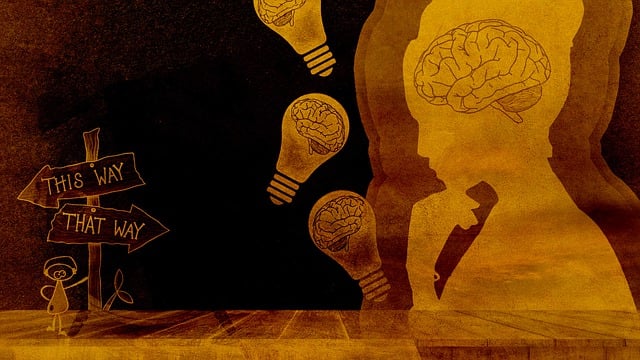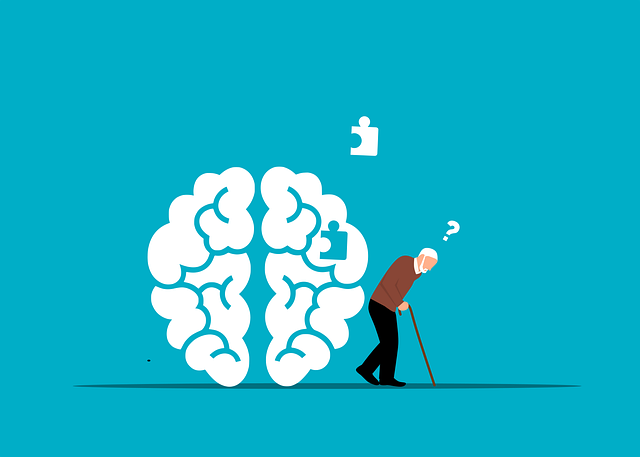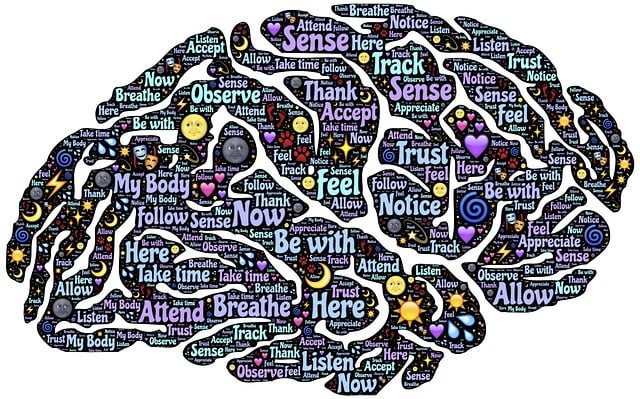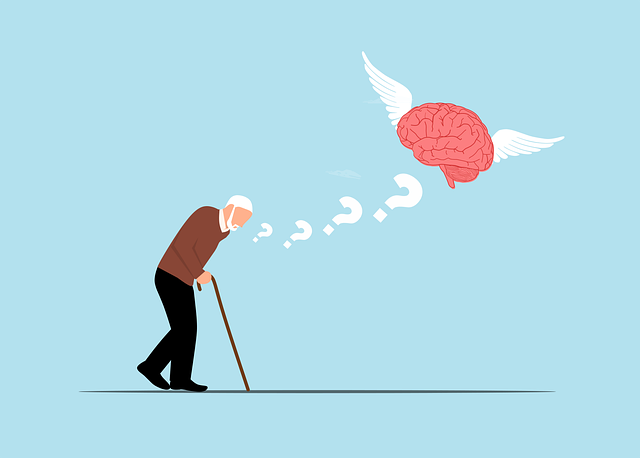Substance abuse among the elderly is a hidden crisis, often overlooked due to societal age stereotypes. It's driven by self-medication for mental health issues and coping with age-related difficulties like pain and loneliness. Tailored interventions, including specialized therapy (CBT) and hypnosis, are essential. Hypnosis offers non-invasive stress reduction, managing mood, and breaking addiction cycles. Combining these techniques with self-care empowers elders to control their mental well-being, significantly lowering substance abuse risks. Community support, education, and peer groups also play crucial roles in prevention, complementing therapy for elders, particularly hypnosis, to address underlying psychological issues effectively.
Substance abuse among the elderly poses unique challenges, often exacerbating existing health issues. This article explores comprehensive risk reduction strategies tailored to this vulnerable population. We delve into key aspects such as understanding the nuances of substance misuse in older adults, the therapeutic benefits of specialized treatments, including hypnosis. Additionally, we examine lifestyle modifications, community support networks, and education initiatives designed to prevent and mitigate abuse, focusing on evidence-based practices like therapy for elders and alternative approaches like hypnosis.
- Understanding Substance Abuse in Elderly Populations
- The Role of Therapy in Risk Reduction
- Hypnosis as an Alternative Treatment Approach
- Lifestyle Modifications for Preventing Abuse
- Community Support and Education Strategies
Understanding Substance Abuse in Elderly Populations

Substance abuse among the elderly is a growing concern, often overlooked due to societal perceptions of aging. As people age, they may face various challenges that can contribute to the misuse of substances, including prescription medications, alcohol, or illicit drugs. Understanding this issue requires recognizing that older adults might use substances not only for recreational purposes but also to self-medicate against hidden mental health problems or to cope with the stresses of aging, such as chronic pain or loneliness.
The unique needs of elderly individuals necessitate tailored interventions like therapy for elders and innovative techniques like hypnosis. Hypnosis can be a powerful tool for mood management, offering a non-invasive approach to stress reduction methods. By addressing the root causes behind substance abuse, including the lack of social connections and proper self-care practices, care providers and family members can significantly reduce risks and improve the quality of life for elderly populations.
The Role of Therapy in Risk Reduction

Therapy plays a pivotal role in reducing risks associated with substance abuse, especially for elders navigating this challenging issue. Specialized therapy sessions tailored to the unique needs of older adults can offer a safe space to address underlying causes and triggers. Techniques such as cognitive-behavioural therapy (CBT) help individuals identify and change negative thought patterns and behaviours related to drug or alcohol misuse. For elders, these therapies often incorporate self-care practices and promote mental health awareness, enabling them to manage stress effectively, a key aspect of substance abuse prevention.
Hypnosis is another therapeutic approach gaining recognition in this context. It can be particularly effective for inducing relaxation, enhancing focus, and altering subconscious behaviours. By suggesting positive alternatives and reinforcing healthy choices, hypnosis aids in breaking free from the cycle of addiction. Combining these therapeutic methods with self-care practices and stress management techniques empowers individuals to take charge of their mental well-being, thereby significantly reducing risks associated with substance abuse.
Hypnosis as an Alternative Treatment Approach

Hypnosis has emerged as an alternative treatment approach gaining recognition in the field of mental wellness. For elders struggling with substance abuse, hypnosis offers a unique and non-invasive method to address underlying issues. This therapeutic technique leverages the power of the subconscious mind, helping individuals gain control over their behaviors and cravings. In recent years, the integration of hypnosis into elder care has facilitated more personalized and effective therapy for this demographic.
The Mental Wellness Podcast Series Production often highlights successful cases of hypnosis in substance abuse treatment, providing valuable insights for those seeking alternative solutions. Moreover, Trauma Support Services that incorporate hypnosis as part of their development programs report improved outcomes, especially when coupled with Mental Wellness Coaching Programs. This comprehensive approach ensures a holistic healing process tailored to each individual’s unique needs and experiences.
Lifestyle Modifications for Preventing Abuse

Making lifestyle modifications can significantly reduce the risk of substance abuse, especially for elderly individuals who may be more vulnerable. Therapy for elders focused on mental health and emotional well-being can play a pivotal role in preventing abuse. Techniques like hypnosis are effective tools to enhance self-control, manage cravings, and boost confidence. By addressing underlying issues and providing healthy coping mechanisms, therapy empowers seniors to make better choices.
Additionally, incorporating structured routines and engaging in meaningful activities can improve mood management. Elderly individuals with balanced and fulfilling days are less likely to turn to substances as a means of escape. Learning conflict resolution techniques also contributes to a peaceful lifestyle, reducing stress and potential triggers for abuse. These modifications not only prevent substance abuse but also enhance the overall quality of life for seniors.
Community Support and Education Strategies

Community support plays a pivotal role in mitigating risks associated with substance abuse, especially among vulnerable populations such as elders. Local communities can implement targeted education programs that raise awareness about the dangers of substance misuse and promote healthy alternatives. These initiatives can include peer support groups, where individuals share their experiences and offer encouragement, fostering a sense of belonging and reducing isolation. By integrating mental wellness practices, such as stress management workshops or mindfulness sessions, communities can empower elders with tools to combat potential triggers for substance abuse, including anxiety relief techniques.
Incorporating therapeutic approaches like hypnosis into community support strategies has shown promise in risk management planning for mental health professionals. Hypnotherapy offers a unique way to address underlying psychological issues and can be particularly effective in treating co-occurring disorders. By combining group therapy sessions with specialized hypnosis programs, communities can holistically cater to the diverse needs of elders at risk, enhancing their overall mental wellness and reducing the likelihood of substance abuse.
Substance abuse among the elderly is a complex issue that requires a multi-faceted approach. By combining traditional therapy for elders, innovative methods like hypnosis, and lifestyle modifications, we can significantly reduce risks associated with substance misuse in this population. Community support and education are pivotal in fostering an environment that encourages healthy habits and discourages abuse. Integrating these strategies can lead to improved quality of life for elderly individuals and reduced burden on healthcare systems. Hypnosis and other alternative treatments offer non-pharmacological paths to healing, while community engagement ensures long-term success in mitigating substance abuse risks.














